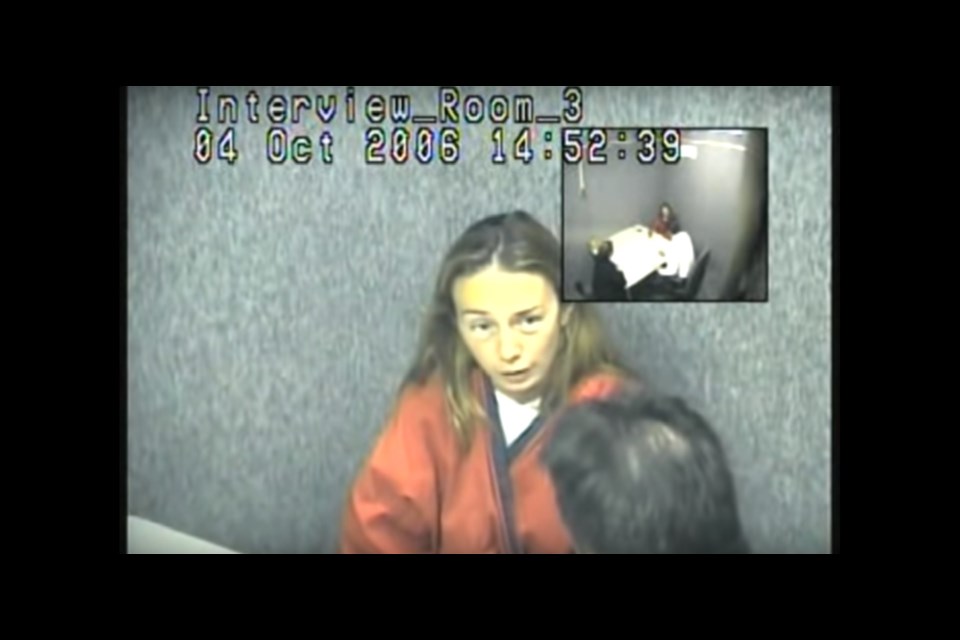In 2006, Frances Elaine Campione drowned her two young daughters in the bathtub of her north-end Barrie apartment.
Two weeks ago, the Parole Board of Canada granted Campione’s request for escorted temporary absences (ETAs) from jail to attend church, mental health rehabilitation programs and a two-day Divine Conference in May 2020.
“You accept responsibility for the offences, and, according to the Correctional Service of Canada, express genuine remorse and victim empathy toward the children's father and other family members,” wrote the board to Campione in its decision.
“As you have only recently expressed responsibility for the index offence, it was recommended that (psychological) treatment be terminated after 24 sessions to allow you to process the anger you feel toward yourself," the decision says.
On Oct. 2, 2006, Campione killed her daughters, 19-month-old Sophia and three-year-old Serena, by drowning them in the bathtub of their home at the Coulter Glen Apartments on Coulter Street, behind the Bayfield Mall.
Campione then dried and combed the girls’ hair, dressed them in pyjamas, earrings and necklaces, and placed them in bed under the covers holding hands. She surrounded them with stuffed animals and a doll and wrapped rosary beads around their interlocking hands.
She then attempted, unsuccessfully, to commit suicide.
A lengthy video filmed by Campione with scenes before and after the killings vividly recorded the anger, pathos, and sad reality surrounding the occasion. The video was presented at trial.
There were ongoing custody proceedings regarding the children leading up to the murders.
About a week before the children were killed, the children’s father, Leo Campione, applied for increased access and the appointment of a children’s lawyer. The supporting materials referred to Campione’s “mental health breakdown” and to the alleged “deplorable conditions” in which the girls were said to be living.
At trial, Campione’s defence was that she was not criminally responsible for her acts by reason of mental disorder, because she was suffering from a psychotic disorder that rendered her incapable of making rational choices or knowing that her acts were morally wrong.
At her trial, the jury rejected the defence and convicted Campione of first-degree murder in the deaths of both children.
In 2015, a judge dismissed an appeal of the verdict.
“The appellant is a troubled woman with a history of mental illness and delusional conduct,” wrote Justice Robert A. Blair in his appeal verdict.
However on Sept. 18, the parole board’s decision to grant escorted temporary absences from jail says that throughout her incarceration, Campione has participated in multiple voluntary workshops and has completed a college diploma in business.
“Treatment staff consider you motivated, polite and easy to engage,” wrote the board. “Your escape risk and risk to public safety are both considered low.”
While the location of the absences is redacted, the decision notes that they are not in the Barrie area.
“Throughout your incarceration, you have remained strongly connected to your Christian faith, and these ETAs will help to establish this association yet further,” wrote the board. “You have, to date, demonstrated a lot of personal growth and increased mental wellness gained from chaplaincy support."



